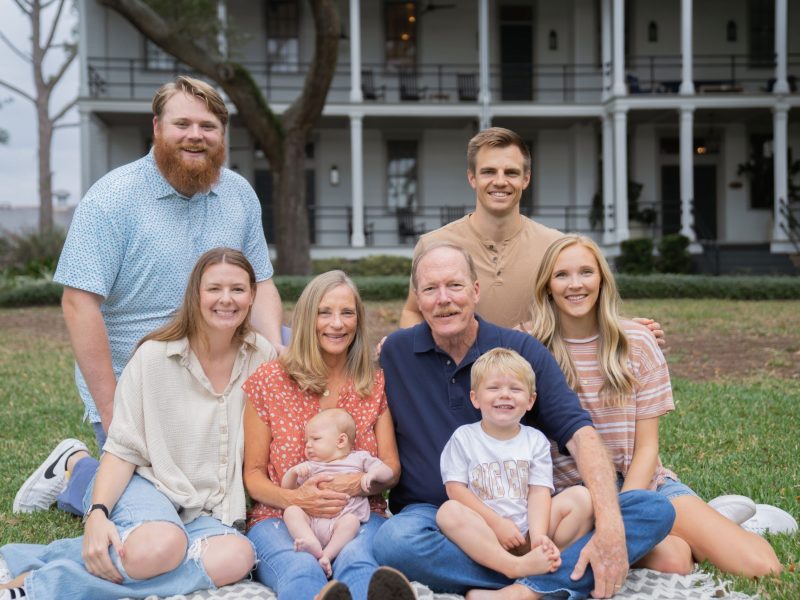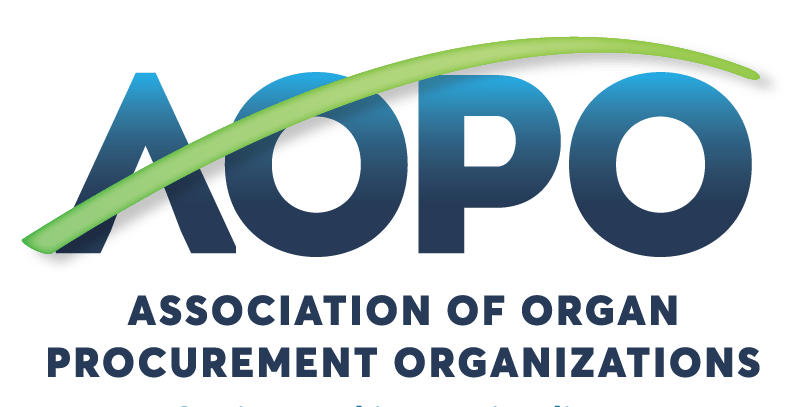When it comes to his health, heart transplant recipient David Hooks doesn’t leave anything to chance.
“My father died at 58 from heart issues, my brother at 48 due to heart failure, and my grandfather at 38,” David shared. “When my brother passed away, I visited my primary care physician and said, ‘The Hooks boys don’t live long. Is there something I should do?’”
Regular visits to a cardiologist revealed an enlarging heart over time. Medication kept his condition manageable for 18 years, but David knew a transplant would be inevitable.
“On a business trip out of town I woke up one morning and felt really, really bad,” recalled David. “I thought, well, I’m 61 years old, and I’m just getting older. I came back to see my cardiologist and told me I was now in congestive heart failure, and they put me on a defibrillator. When I was in the hospital for that, they introduced me to the advanced heart failure team at WakeMed Hospital—it’s actually a physician for Duke, but they share his services over there. And that’s when he said I needed to be evaluated for a heart transplant.”
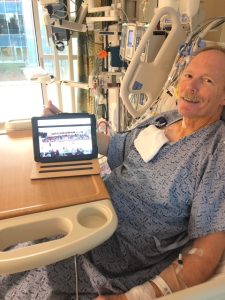
After his evaluation, David had a clinical trial balloon pump installed and was placed on the waiting list. Three weeks later, on Oct 20, 2018, he received his second chance at life.
“There’s joy knowing it’s happening and sadness knowing someone else has passed away,” David reflected. “The transplant coordinator talked about ‘donor depression,’ a sense of grief about the donor’s loss. But physically, my recovery went great. I’ve had no rejection, no infections, and I’m now six years post-transplant with two grandchildren and a third on the way. It’s been fantastic.”
Since his transplant, David and his wife, Joan, have travelled the country and welcomed two grandchildren together (and will soon welcome a third)! David, who has attempted to reach out to his donor’s family several times over the years, has nothing but gratitude for the selfless decision that saved his life.
“I would love to hear from my donor family,” said David. “I would love for them to hear their loved one’s heart beating in my chest. All I know is it was a 42-year-old male. If I could, I would express my gratitude for the selfless act of becoming an organ donor. How many other people’s lives were changed because of his donation? He has allowed me to enjoy life that I never thought that I would enjoy when I was weak and laying in the hospital.”
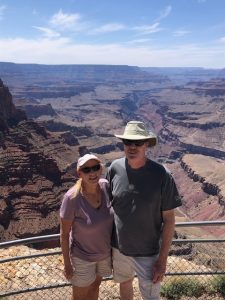
David credits the top-notch care he received at Duke Hospital for his speedy recovery and his positive attitude throughout the process.
“Checking into Duke, from the moment that I started speaking with the physicians through today, I’ve never had to tell my story more than once,” said David. “Everybody is on the same page; everybody knows your case. I felt so confident. They were so encouraging through the whole process, and that really helps when you’re in that situation. I had fantastic care, I couldn’t ask for better.”
Now, David channels his experience into advocacy, speaking to civic groups, schools, and churches about organ donation.
“There are some myths about the fact that if you’re an organ donor the doctors will allow you to die, and folks don’t understand that their first priority is to save your life,” said David. “Yes, organ donation is a byproduct of something terrible that has happened, but it can help many, many people.”
When it comes to emotional support, David’s faith, his wife, and his heart transplant support group have played a huge role.
“My wife was my support system,” said David. “I tell everyone it wasn’t just me who had a transplant—we had a transplant. Our faith is very strong. When I was sick, I just carried the thought that this is not my home—so whatever happens, it’s in God’s hands. Since my transplant, I’ve joined a heart transplant support group for Duke heart transplant patients. We’ve met now for three or four months via Zoom, and it’s been fantastic. We share experiences and concerns. The first time I was asked to speak was five months post-transplant at a men’s breakfast. I couldn’t get through it without crying, it was very emotional. But the more I spoke about it, the easier it became to talk about. I told everyone that I’m an open book—I don’t care what question you ask me, you will not offend me, scare me, or bring back bad thoughts. I want you to hear my story.”
Today, David’s good health continues, and his future plans include playing more golf, more travel, and being the “best Pepaw I can be.”
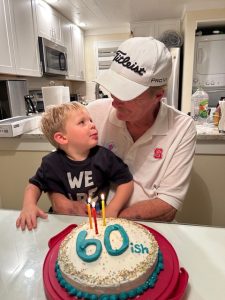
“Physically, I’m in very good condition,” said David. “It’s just been amazing how well things have gone. It’s been an interesting journey, for sure. I just feel like I’m supposed to share this, I’m not supposed to hide this under a basket. I just want to be able to help somebody. The more you talk about it, the better you heal.”
One organ, eye, and tissue donor can save and heal up to 75 lives! Register your decision today.
